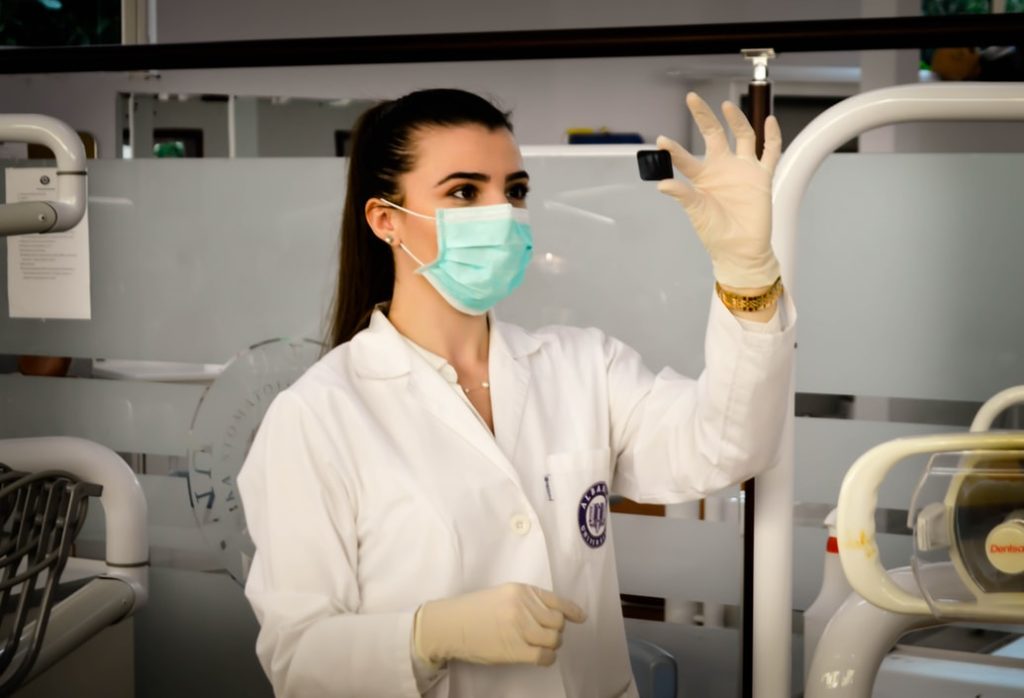We know that fever, dry cough and tiredness are the most common symptoms of the novel coronavirus. We’re also aware that in the absence of a drug or vaccine, wearing a mask, maintaining social distancing and regular hand washing are our best precautions against COVID-19. Having said that, a lot still remains unclear on the long-term health effects of the virus on our bodies.
A new study seeking to learn more about this has found that “people who had recovered, including those no longer reporting symptoms, exhibited significant cognitive deficits,” and in extreme cases, a substantial mental decline when asked to perform tests like remembering words or joining dots on a puzzle.

According to Business Today, Dr. Adam Hampshire from Imperial College London conducted a non-peer-reviewed study of 84,285 people who took the Great British Intelligence Test and published his findings on the MedRxiv website. The results showed that “there are chronic cognitive consequences of having COVID-19” and in worst cases where patients were hospitalized, the brain function impact was “equivalent to the average 10-year decline in global performance between the ages of 20 to 70”.
NY Post quoted the lead researcher saying, “The results align with the ‘brain fog’ reported by many people who, even months after recovery, say they are unable to concentrate on work or focus how they did before.”

However, some scientists and experts like Derek Hill, a professor of medical imaging science at University College London, believe that the findings are “intriguing” but “inconclusive”. Joanna Wardlaw, a professor of applied neuroimaging at Edinburgh University, was quoted saying,
“The cognitive function of the participants was not known pre-COVID, and the results also do not reflect long-term recovery – so any effects on cognition may be short term.”
The results point to the need for more research into the long-term recovery of patients and also serve as a reminder to not take the disease lightly even though lockdown guidelines have been eased.




